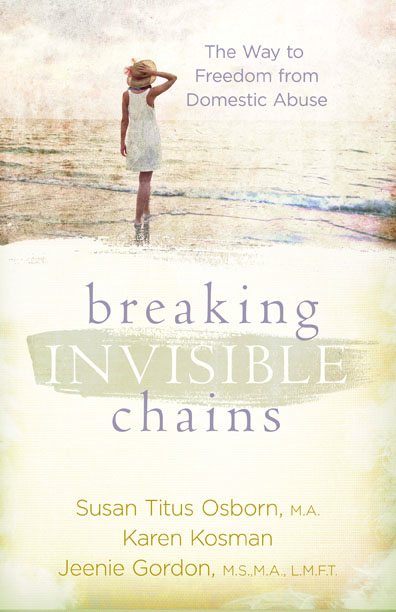After you reach the climax in your story, be brief and be gone. Wrap it up as quickly as possible, being careful not to leave any loose ends. Once you have reached the climax, your readers won’t have any reason to keep reading.
Set your story aside for a week, then go back and rewrite and rewrite more. Ask yourself, “Will it hurt the story if I leave out this word, this paragraph, this entire scene?” If not, take it out. Whittle away all the dead wood. Make sure your characters are well developed, and the main character solves his or her problem, averts disaster, or overcomes his opponent himself? Your scenes should move along smoothly and transition well from one to another. And also make sure you have not left any loose ends?
It doesn’t matter if you are writing fiction or nonfiction, you must use good fiction techniques. People love stories. They want to escape from real life into an imaginary adventure, but they need help with their problems too. You can meet their real needs by meeting their felt needs through the vehicle of fiction or nonfiction stories. And God can teach spiritual truths through your fictional or real characters. If you are writing about real people, you may want to change their names and/or possibly write the story under a pseudonym. We don’t want friends and family hurt by what we write.
This ends the blog series on “Writing the Short Story.”


